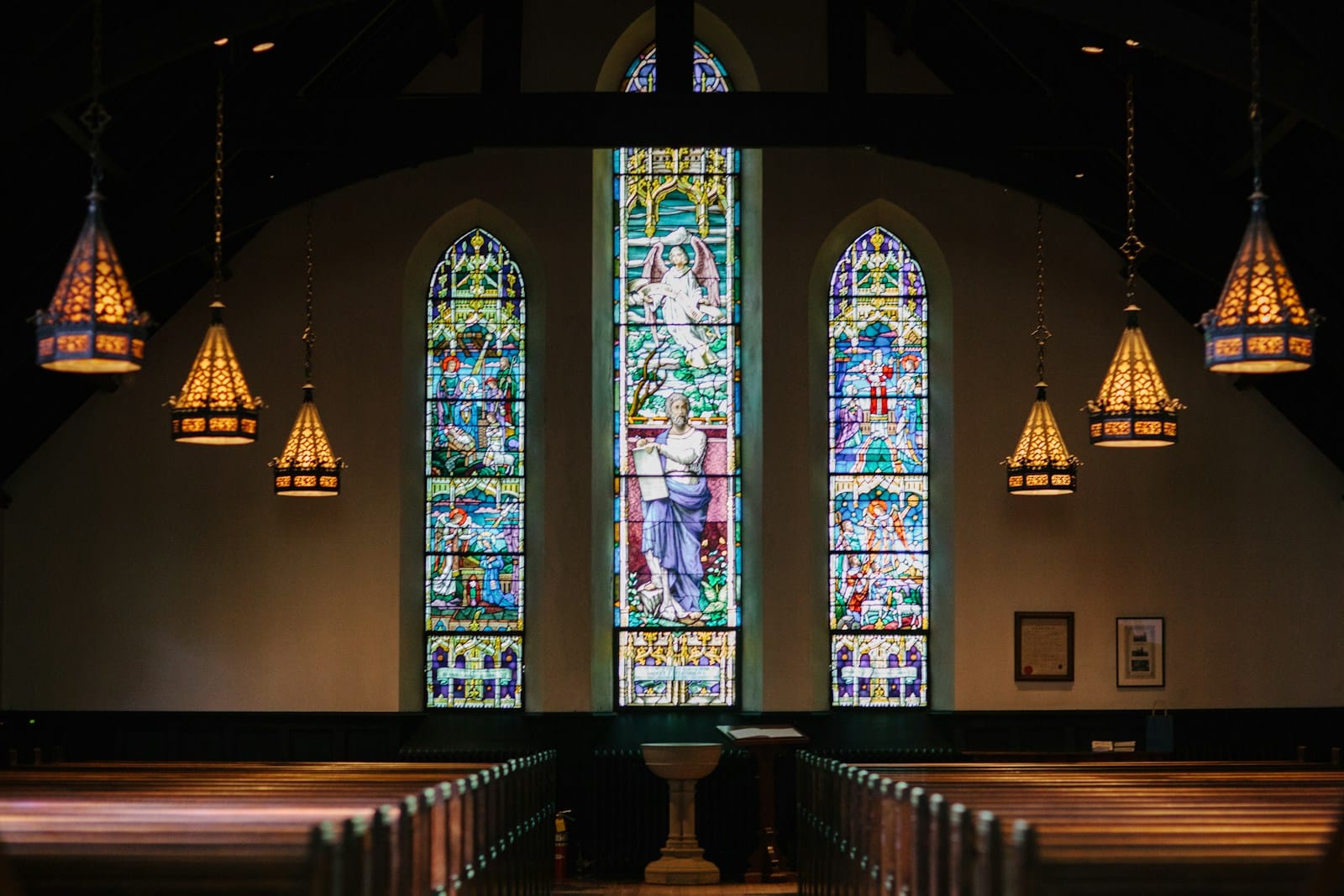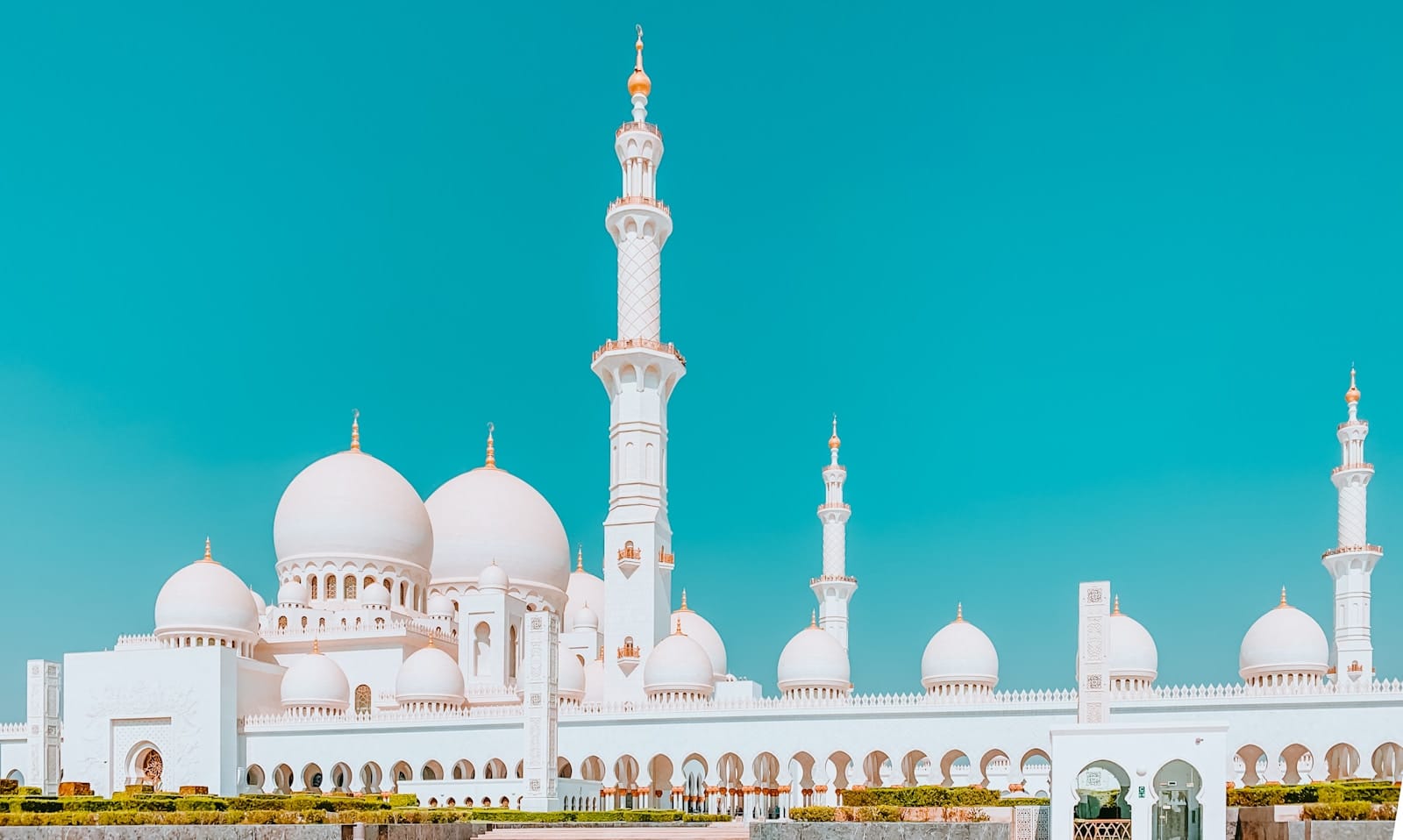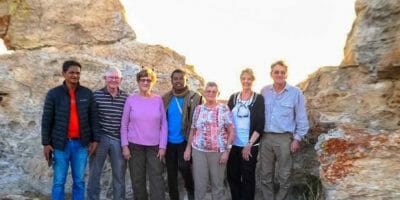In summary
| Sector | Description | Important Details |
|---|---|---|
| Christianity | Majority but diverse, more than 50% of the population. | Divided between Catholics (coastal areas and large cities) and Protestants (Highlands, FJKM mainly). |
| Animism | Represents approximately 45% of the population, integral to Malagasy culture. | Ancestor worship influencing daily life, often merged with Christian practices. |
| Islam | Minority but historically rooted, around 5% of the population. | Focused primarily on the northwest coast and islands, practiced syncretically. |
| Challenges of Religious Cohabitation | Religious diversity, a source of cultural wealth but also of challenges. | Need for mutual respect to maintain social peace and development. |
| Church and Politics Relations | Churches as influential actors in politics. | Historically involved in political affairs, notably the FJKM and the FPVM. |
| Political Impact of Churches | Mediation in conflicts, influence on public policies. | Mediator role during crises, but risk of conflicts of interest. |
| Repercussions of Political Engagement | Conflicts of interest and accusations of bias, impact on spiritual mission. | Credibility issues and divisions within religious communities. |
| The Crisis of 2009 | Key moment for the FPVM with support for Andry Rajoelina. | Strengthening the position of the FPVM in the religious landscape, but criticism for partiality. |
In Madagascar, the religion is deeply anchored in the daily and socio-cultural life of residents. The island is distinguished by remarkable religious diversity, where spiritual influences intersect and intertwine, thus shaping the social fabric and local traditions.
Christianity: Majority but Diverse
More than 50% of the Malagasy population profess Christianity, divided mainly between Catholics and Protestants. This distribution is not uniform across the island; some regions, notably the Highlands, show a predominance of Protestant Christianity, mainly due to colonial history and evangelical missions of the 19th century. Catholics, for their part, are more concentrated in coastal areas and large cities, where the first Catholic missions were established.
THE Protestants are mainly affiliated with churches resulting from the Reformation, such as the Church of Jesus Christ in Madagascar (FJKM), which is one of the largest Protestant denominations on the island. Other groups, such as Lutherans and Anglicans, also contribute to the diversity of the Malagasy Protestant landscape.
Animism: An Ancestral Tradition
Animism, representing approximately 45% of the population, remains a central element of Malagasy spirituality. It is expressed through ancestor worship (razana), which plays a crucial role in social and spiritual life. Malagasy people believe that ancestors have a direct impact on the living world, influencing the health, prosperity and general well-being of their descendants. These beliefs are often integrated into Christian practices, demonstrating a unique fusion of religious traditions.
Islam: A Historical Presence
Although a minority, representing approximately 5% of the population, Islam has a long history in Madagascar, introduced by Arab and Swahili merchants well before European colonization. The Muslim community is mainly concentrated on the northwest coast and in the islands around Madagascar, such as Nosy Be. Malagasy Islam, often practiced syncretically with elements of traditional beliefs, also reflects the cultural diversity of the island.
Issues and Religious Cohabitation
This religious mosaic poses both challenges and opportunities for Madagascar. Mutual respect and cohabitation between different beliefs are essential for social peace and the integral development of Malagasy society. Festivals, rites and ceremonies, whether Christian, Muslim or animist, are often celebrated in a spirit of community and sharing that transcends religious divisions.

Relations between Churches and Politics in Madagascar
In Madagascar, the relations between churches and politics are historically complex and deeply intertwined. Religious institutions on the island are not limited to spiritual roles; they also exert a notable influence on the political landscape.
The Political Impact of Historic Churches
Historical churches, notably the FJKM (Church of Jesus Christ in Madagascar) and the FPVM (New Protestant Church of Madagascar), play a leading role in the Malagasy political sphere. These institutions often served as mediators during political conflicts and national crises. For example, during the 2009 political crisis, leaders of these churches were actively involved in attempts at mediation and conflict resolution, although their efforts were not always successful.
Religious Leaders as Political Actors
The religious leaders of the FJKM and FPVM are often seen as moral and ethical figures, giving them a platform to influence not only their followers but also national politics. They use this influence to shape public policies and government directions, sometimes even openly opposing government policies that go against their perceived values or interests.
The Double Edge of the Sword: Support and Conflict
The relationship between churches and state in Madagascar can be seen as a double edge of the sword. On one hand, churches mobilize support for political causes and candidates. On the other hand, they can enter into conflict with the government when their interests or those of their followers are threatened. This was the case when Andry Rajoelina promised to restore a secular state after taking power in 2009, a move that sparked varied reactions among religious groups, with some seeing it as a threat to their traditional influence.
The Repercussions of Churches’ Political Engagement
The political engagement of churches in Madagascar, although it can play a stabilizing role during crises, also presents significant challenges and challenges. potentially negative repercussions. The interaction between the religious and political spheres can sometimes lead to conflicts of interest and accusations of bias that compromise the credibility of churches.
Conflicts of Interest and Accusations of Bias
L’exemplarity of these conflicts is clearly seen in the relationship between the FJKM and former president Marc Ravalomanana. The proximity of this church to Ravalomanana, particularly during and after his mandate, raised questions about the independence and impartiality of the church. This situation has not only divided the religious community but also caused friction within Malagasy society, exacerbating political tensions.
Impact on the Spiritual Mission
When churches are seen as partisan political actors, it can undermine their core spiritual mission. The faithful and the general public can question the authenticity of their spiritual and ethical commitment, suspecting them of seeking more to influence politics than to spiritually guide their members.
Divisions within Religious Communities
Politics can also sow discord within religious communities themselves. Members who may otherwise be united by shared beliefs and practices find themselves divided along political lines. This can lead to fragmentation of the community, reducing its ability to function effectively both spiritually and socially.

The Crisis of 2009: A turning point for the FPVM
The 2009 political crisis in Madagascar marked a crucial turning point for the New Protestant Church of Madagascar (FPVM). During this period of political turbulence, the FPVM seized the opportunity to strengthen its visibility and influence in the religious landscape by providing active support to Andry Rajoelina, then opposition leader and rising figure in Malagasy politics.
Strengthening the Position of the FPVM
The alliance with Rajoelina allowed the FPVM to come back in force on the public stageafter being marginalized under the previous regime. This support not only helped the FPVM regain lost legitimacy and influence but also consolidated its position as a major player in Madagascar’s religious landscape, demonstrating the importance of relationships between religious entities and political powers.
Implications of the Alliance with Rajoelina
The FPVM’s support for Andry Rajoelina was marked by concrete actions, including participation in public rallies and prayers for the success of his cause. However, this proximity to political power has also raised ethical issues and criticism, both within and outside the religious community. The alliance exposed the FPVM to accusations of bias and called into question its commitment to a purely spiritual mission.
Long-Term Consequences for FPVM
Although the alliance provided immediate benefits in terms of visibility and influence, it also posed long-term challenges for the FPVM. The perception of the church as a political actor can compromise his spiritual authority and alter his relationship with his followers, who might perceive his actions as motivated more by political interests than by religious convictions.
Thoughts on the Future
The religious landscape in Madagascar continues to evolve, with profound implications for society at large. It is crucial that religious leaders maintain a clear separation between their obligations spiritual and their political ambitions, in order to preserve the integrity of their institutions and respect the diversity of beliefs of their faithful.
Madagascar’s future as a democratic society depends in part on the ability of its religious leaders to navigate these complex waters without losing sight of their primary mission: to spiritually guide their communities.











